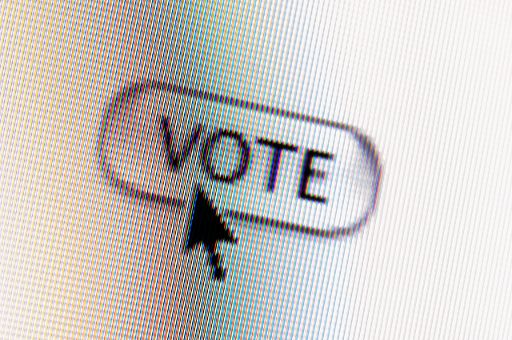
Courtesy of http://.europarl.europa.eu
Next school year, the student activities fee that is factored into each student’s tuition bill will increase slightly, in the range of $5 or $6 per student. This increase, approximately 3 percent of the current fee, is routinely made each year to account for the national rate of inflation, known as the Consumer Price Index (CPI).
This time, there was some discussion among the parties responsible — various members of the Students’ Association government — about increasing it slightly above CPI rate in order to provide groups with more funding. In the end, however, the lower fee was proposed to the Board of Trustees, which approved the final increase.
To be aware of the increase, however, the rest of the student body had to either be on the Senate, ask one of the three people involved in deciding the recommendation to the Board of Trustees or else attend a special meeting. Though the austerity of the student government in opting for a smaller increase is highly commendable, it is still notable that it was not until after the recommendation had been made that the majority of students found out about it.
Generally, information about student government decisions proves far too hard to come by. Yes, the SA acted exactly as would be expected of it on this occasion. But nonetheless, students themselves should have a chance to provide some input by a mechanism other than electing members of the SA Senate and its two chief offices.
There is scarcely a better time for it: The SA has expanded its staff with a new Technology Coordinator, whose role includes the creation of a new online infrastructure for campus groups, while the incoming SA president and vice president have made it their goal to increase access to information and increase the transparency of SA decisions. Furthermore, less than a quarter of the student body voted in the last election. Even if part of this low turnout is due to the winning candidate having run unopposed, giving students a way to contribute their input would likely encourage them to become more involved in the day-to-day functioning of the SA.
Some mechanism through which UR students could express their opinions about upcoming SA decisions, even as a nonbinding vote to give a sense of what the student body wants, would go a long way towards reaching that goal.




